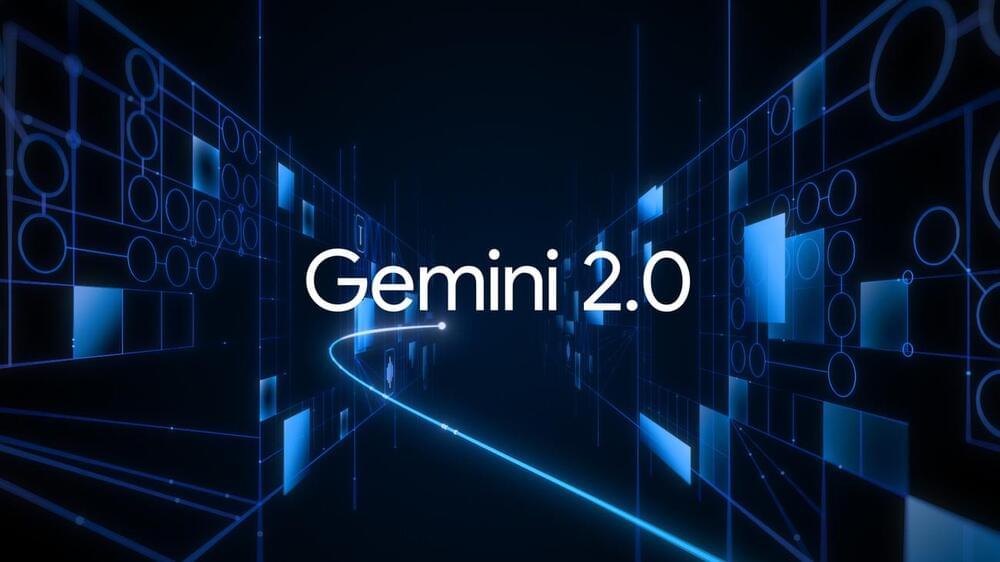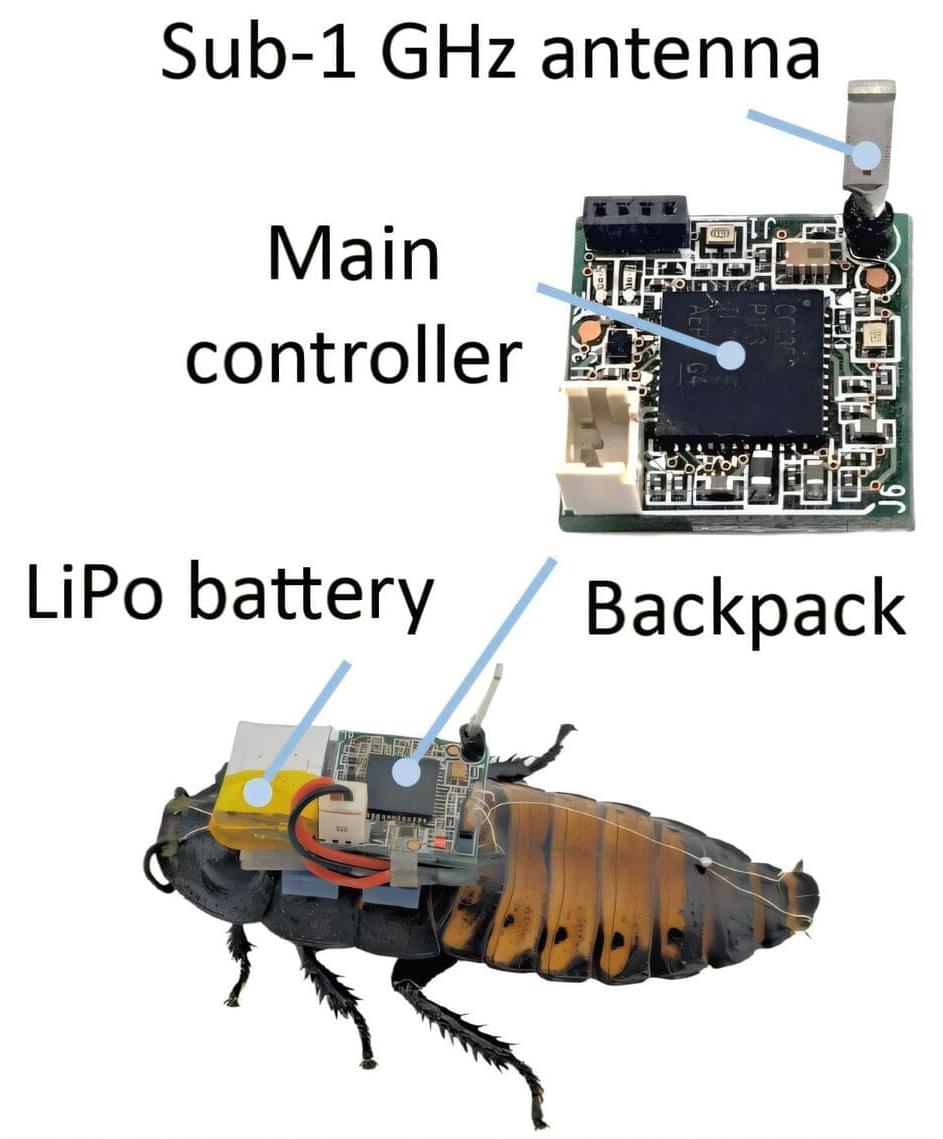Meta has appointed three new members to its board of directors, the company announced Monday: UFC president and CEO Dana White, European investment company Exor CEO John Elkann, and tech investor and entrepreneur Charlie Songhurst.
In a press release, Meta CEO Mark Zuckerberg said that White, Elkann, and Songhurst “will add a depth of expertise and perspective” that’ll help Meta “tackle the massive opportunities ahead with AI, wearables, and the future of human connection.”
White was named CEO of UFC in 2023, after the organization merged with WWE to form a new public company, TKO Group Holdings. He’s responsible for the overall strategic direction of UFC’s global business, including its live events series.






